

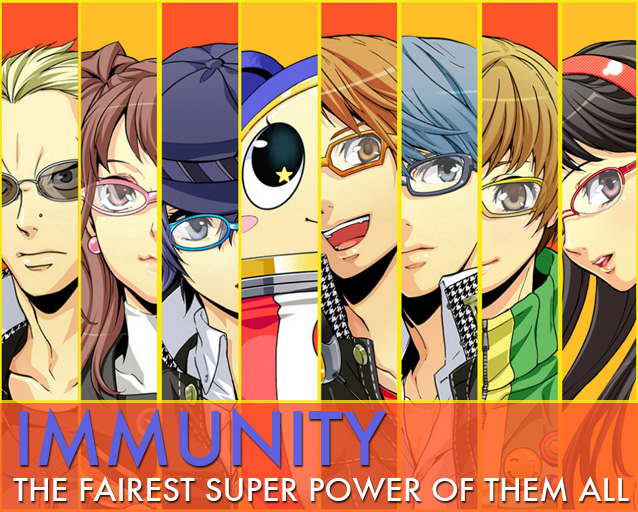
If you could be 17 again, what super power would you wish for? For me it’s an easy choice. It's nothing glorious or spectacular—if I could have anything in the world, I would want to be one of those people who only needed four hours of sleep per night and still function in an optimal state. Just think of the amount of time gained by not being stuck in a state of unconsciousness!
What caused me to think of the past? I ran into an old email I sent as a 17 year old, thanks to my almost bottomless Gmail archive. Once I recovered from that embarrassment (seriously would not recommend to anyone), I figured that I was ready to pretend to be a teenager again by finally pick up the PlayStation 2 classic Persona 4 as people insisted I should for years. Within five hours I was so taken I knew that it left a mark on me forever.
I haven’t been 17 for quite a while now, a lot has changed since then. PlayStation 2 is no longer the console of choice, and the shortened sleeping gene mutation has been identified (the hDEC2-P385R mutation, for the curious). Yet Persona 4 still felt relevant as ever, the ultimate “Y I NO MEET YOU AS A TEEN,” please excuse the lingo.
Now, that game offered the best super power to date. Not the demon taming battle prowess power, not quite. Rather, it’ that the protagonist is practically mentally bulletproof.
What the protagonist does with his life before the start of the game is a running joke for fans of the game. Even if the initial story event is used to explain the protagonist's awakening as a level 1 character (in game terms), his real life statistics are harder to excuse. The game has made it clear that personal development isn't even difficult, as a first time player can reach the max level by the middle of the game year just by existing, and maybe the slurping of a bowl of ramen or two. With that in mind, it's shameful that despite being around for 17 years, every trait of the protagonist's personality starts off at the weakest level.
However, there is one helluva flip side—the protagonist is pure, with no personal burdens whatsoever. He is untainted.
It’s hardly the first game with the player’s character as malleable as the Pokémon Ditto. Somewhere between a personified silence that could be projected by the largest audience, and the battle mechanism play-switch that turned him into whatever the elemental combination required, the way the protagonist could be one-of-any is not new in video games by any standard.
What makes the protagonist stand out from the other games’ main characters is the implement of the Social Link. I could best describe the Social Link as something that happens during the non-battle phase of the game, in which players take on the role of the protagonist living his teenage life. He goes to school, he hangs out. He has conversations with people, in he becomes increasingly well-acquainted with the others as the Social Links grow, and in turn this helps the battle phase by giving extra strength to the further Persona creations.
If there’s a prevalent theme of I, it’s one of personal burdens. In a town without a psychiatrist combined with people’s inability to direct their personal issues in non-destructive ways, their problems are personified into physical bodies and start murdering rampages. After each designated boss fights saves the team members from their personal crisis, the protagonist then speaks with them, working out their problems for the long haul. Alternatively, there are NPCs without a crisis phase, in which the protagonist dives straight into the consoling part and watches the Social Links grow.
The boss battles for the protagonist is different though, what he has to fight is nothing more than a generic shadow devoid of personalised problem. Not even once the game indicates that he had his own personal burden that needed tending—the closest thing was the comment from the Uncle character about how it must be tough to be sent to exile from Tokyo only because his parents’ job requires them to be elsewhere.
Personal issues are funny things. At risk of sounding like the Timecube, we are the products of our yesterday’s selves, and we carry whatever over. Our luggage and our luggage’s luggage. Hardened, softened and scarred again and again, we are moulded into the shape of our identities along with the limits of acquired weaknesses and learned fears.
None of which are issues with the Protagonist.
I remember being 17. I now know that worst is over, but I know I was far from unaffected. While it was tempting to claim that any angst felt at that age was merely teenage melodrama, it did not ease my unease. We feel old because we are only as old as we have ever been; we feel the gravity of hardship because we can only compare our worst suffering on our own personal scale.
In the years beyond my teenage years, I had to constantly battle with the ever-surfacing same-series-different-flavours that are minor enough to be impossible to explain. As result I am a sitting paradox, and I desperately want to help people in need, while I'm terrified of what getting involved could mean for me. I feel the contempt of peoples’ expectations that I only exist when they need me while feeling simultaneously ashamed that I ever felt that selfish. Not only that, how would I know I’m giving the right advice? After all, my judgements are clouded by who I am.
This is why I can be hot and cold at times, why I would throw myself into someone else’s need then disappear altogether off the radar weeks at a time. There I am, limited by my own inability to draw the line in the sand. I play the balancing act on the tight rope, swaying between caring too much and physically incapable of caring at all. Either misstep and the game of balance is broken, leaving nothing but shattered mess aftermath to be cleaned up. Every time this happens it is a frustrating reminder of my personal limitations, one that I yet to see anyone in the meat-space managed to truly overcome.
He lives, he exists, he sits among the torrent, steady in the eye of the hurricane and everything is just butter off the Teflon for him.The only reason I’m okay with admitting this in public now is that I was made aware that empathy burn-out is practically a known occupational hazard. The jokes about addictions, mental illness and suicide rate among the professions associated with working with other people’s suffering are not baseless. [ You need to set up a foundation for this paragraph earlier in the essay. e.g. "I work with the mentally ill." - How much earlier do you think is needed? I omitted it as I figured it’s mostly irrelevant but willing to change!]
It is only logical. No one can be this never-ending, perpetual machine of compassion—the very word “compassion” is “co-suffering” after all. Maybe kindness is limitless if we stand on an infinite scale, but on an individual level we will inevitably run out of fuel. Even if the goalpost was in sight we could only crawl so much further before exhaustion.
It's not something the protagonist of Persona 4 needs to worry about, for he is immune.
For my play, the protagonist is the town psychiatrist. One-sided, permanently on-call. Mirrored to my real life was that it is curiously convenient on how people only ever contact him when they want something from him. Yet by being this vessel of pure altruism-on-wheels, the protagonist is fine with this. No resentment because he had no personal need. No guilt because he harbors no resentment.
In exchange of his average courage, callow diligence, basic understanding, rough expression and informed knowledge, he has the ultimate last laugh. Summoning in endless supply of empathy, the only question of being involved was whether not one of what he could but one of what he chose.
He lives, he exists, he sits among the torrent, steady in the eye of the hurricane and everything is just butter off the Teflon for him. In battles, he shakes away the last elemental weakness by changing into a new persona; everything that had ever been didn’t leave a single mark. In life, he takes on the suffering of the world, redirects them into something positive, without suffering a single deterioration of convulsion by proxy.
That’s the unexciting useful super power for me. The power of immunity from worldly weariness, the void of personal burdens. I want some of that.
Failing that, only needing tiny bits of sleep would be cool, too.

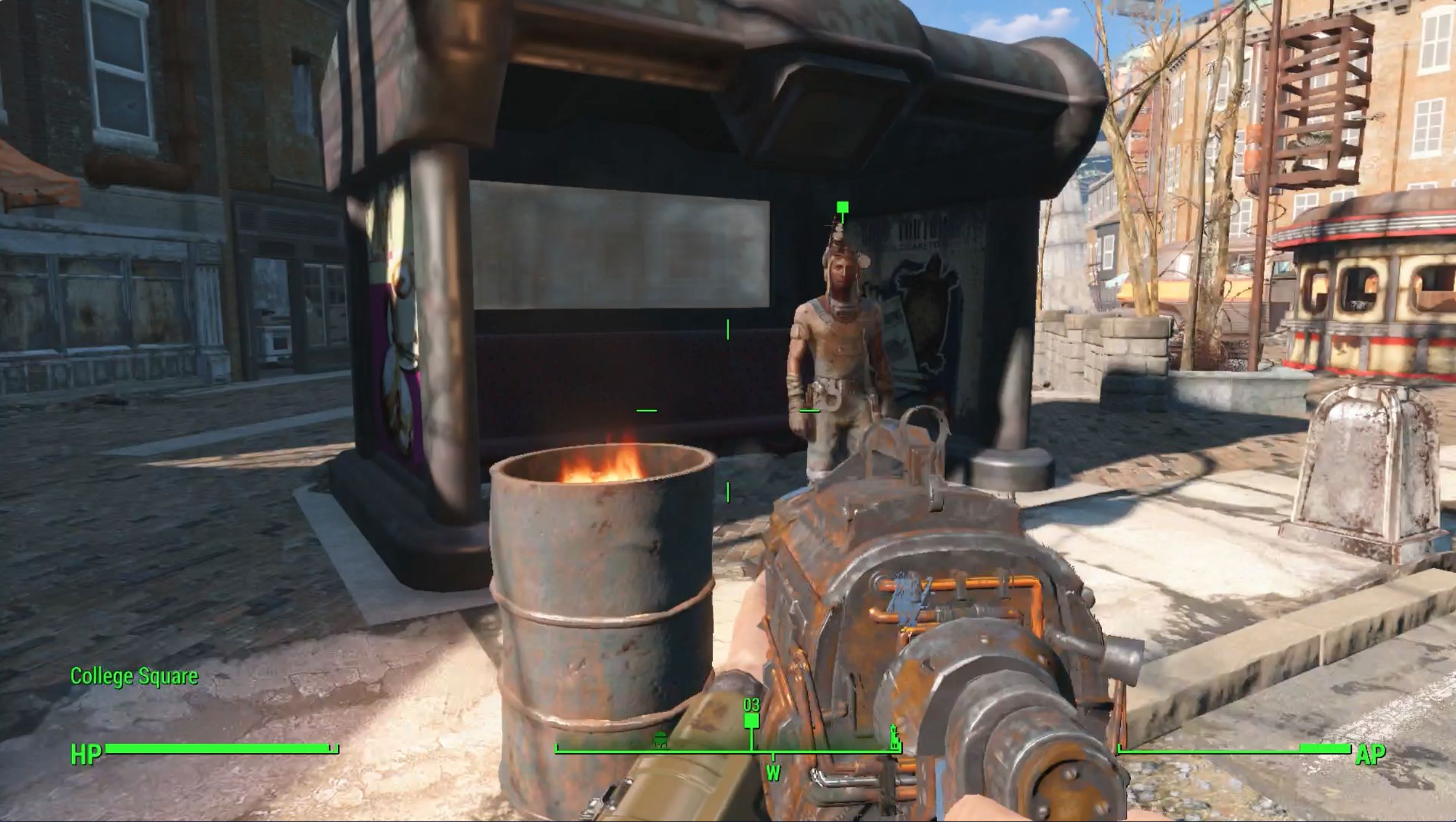
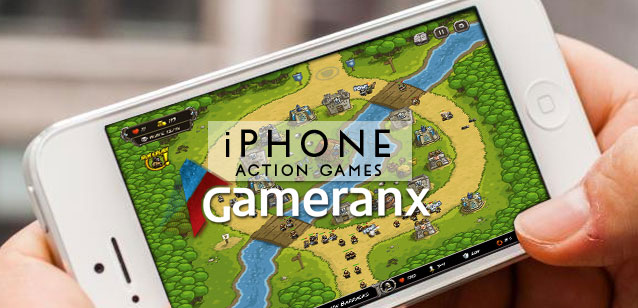
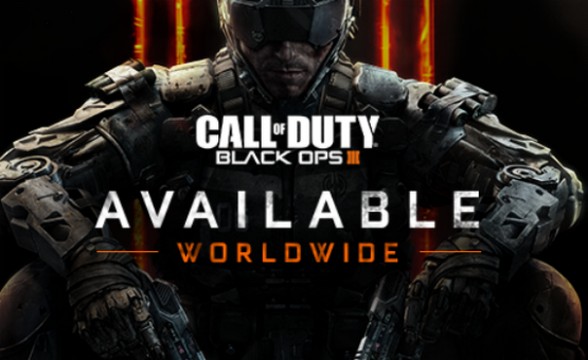
 Gears of War Judgement Part 3 (Sophia’s Testimony Sections 1-3)
Gears of War Judgement Part 3 (Sophia’s Testimony Sections 1-3)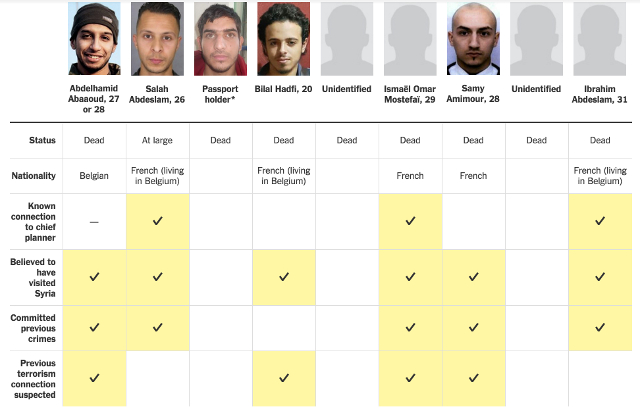 Setting the Record Straight on Edward Snowden and the Paris Attacks
Setting the Record Straight on Edward Snowden and the Paris Attacks Aggregate Herald - Early Edition April 5 2012: And Still the Effect Masses On
Aggregate Herald - Early Edition April 5 2012: And Still the Effect Masses On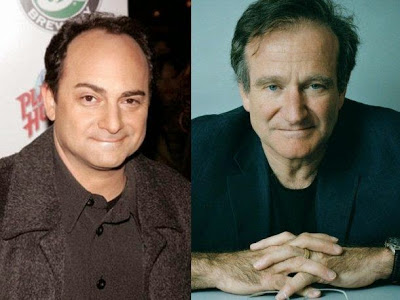 Robin Williams: Kevin Pollaks new documentary dedicated to the late actor
Robin Williams: Kevin Pollaks new documentary dedicated to the late actor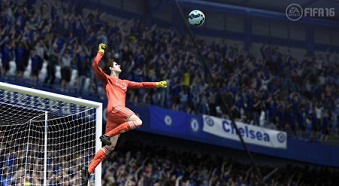 Best and cheap Goalkeepers for FIFA 16 Ultimate Team mode
Best and cheap Goalkeepers for FIFA 16 Ultimate Team mode